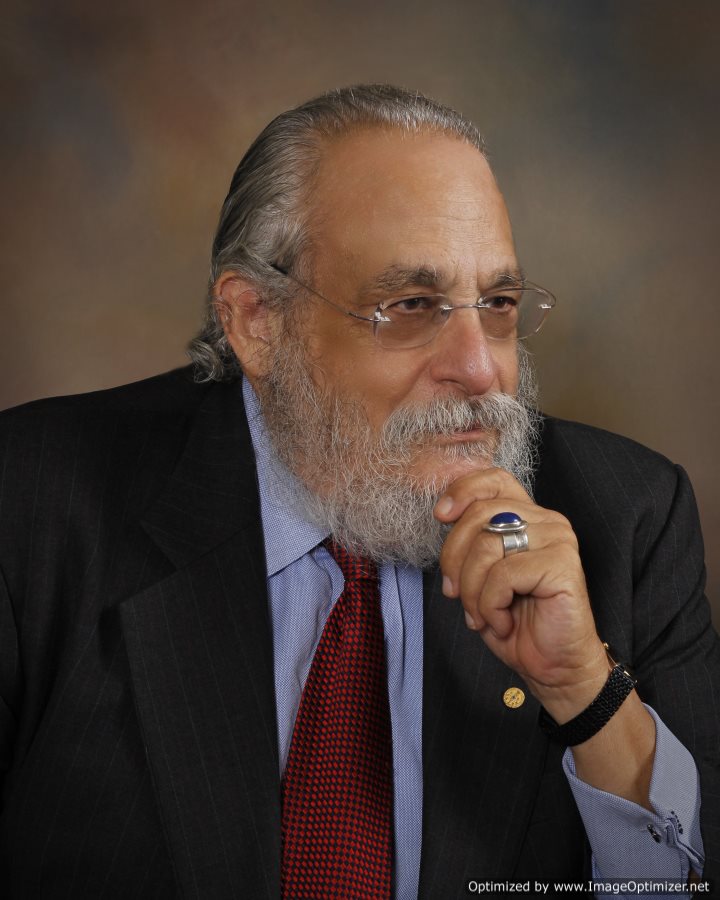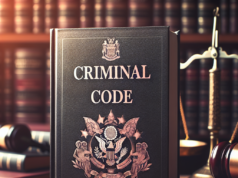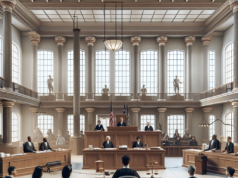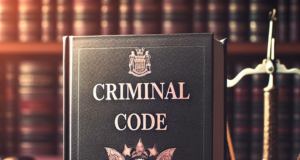
In today’s society, the concept of justice is often taken for granted.
We often forget that every person, regardless of their crimes committed, has the right to a fair trial and legal representation.
Criminal defense attorneys play a crucial role in upholding this principle, and one attorney, in particular, has been fighting tirelessly for the rights of his clients for an astonishing 43 years.
John Anderson, a renowned criminal defense lawyer, has dedicated his entire career to defending those accused of heinous crimes. With his unwavering dedication and expertise, he has successfully defended countless clients from wrongful convictions and unjust sentences. Throughout his long and illustrious career, Anderson has earned a reputation as a fierce, compassionate, and formidable advocate in the courtroom.
Anderson’s passion for the law and desire to protect the rights of the accused were evident from the very beginning.
After graduating with honors from law school, he immediately joined a prominent criminal defense law firm. From the onset, Anderson’s fervor and commitment to his clients’ causes set him apart from his contemporaries.
Over the years, Anderson has become notorious for his compelling courtroom presence. He possesses an uncanny ability to connect with juries, captivating their attention while presenting his clients’ narratives with utmost conviction.
His unparalleled courtroom skills have earned him a remarkable success rate, with many clients walking away free or receiving significantly reduced sentences.
But it is not just his courtroom prowess that distinguishes Anderson. What truly sets him apart is his genuine concern for his clients’ well-being. Throughout his career, he has displayed an exceptional ability to build rapport and establish trust with individuals from all walks of life.
He listens to their stories, empathizes with their struggles, and fights tirelessly to secure the justice they deserve.
However, Anderson’s commitment to justice has not come without sacrifices. A career in criminal defense is emotionally draining, demanding long hours, and subjecting attorneys to high levels of stress.
Yet, for the past four decades, Anderson has remained undeterred, shouldering the burdens of his clients’ wellbeing with remarkable resilience.
Despite his immense success as a criminal defense attorney, Anderson remains ever-humble, never losing sight of his purpose: to protect the rights of the accused and ensure fair representation for all.
His passion for justice has become deeply ingrained into his character, shaping the very core of who he is.
Now in the twilight of his career, with an illustrious 43 years behind him, Anderson shows no signs of slowing down. His dedication to his clients and unwavering pursuit of justice continue to inspire those around him.
Throughout his career, he has set an outstanding example for aspiring criminal defense attorneys, proving that with dedication, empathy, and hard work, one can truly make a difference in the lives of others.
As we reflect on the remarkable journey of John Anderson, we are reminded of the impact a single individual can have on the lives of so many.
For over four decades, Anderson has fought tooth and nail for the rights of his clients, leaving an indelible mark on the justice system
. His unwavering commitment to justice serves as a beacon of hope in a world that often forgets the importance of due process and fair representation.
As we move forward, let us remember the dedication and passion of attorneys like John Anderson.
Let us honor their tireless efforts to protect the rights of all individuals, no matter how heinous their alleged crimes may be.
Above all, let us remember that justice is not a given, but an ongoing battle that requires the unwavering commitment of individuals like Anderson to ensure its fulfillment for all.






























